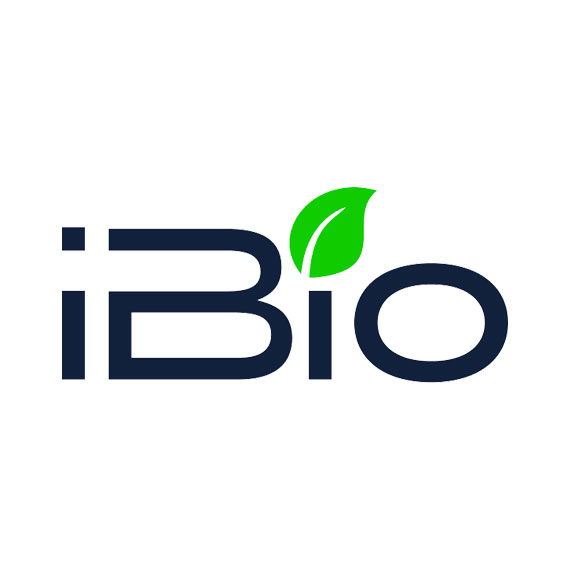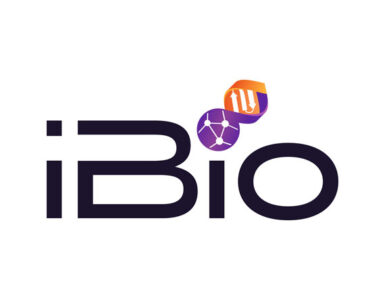
iBio (NYSEA:IBIO) entered into a research collaboration with the National Institute of Allergy and Infectious Diseases (NIAID), an arm of the National Institutes of Health (NIH), to investigate the potential of iBio’s patented AI-driven epitope steering platform for the development of a vaccine for Lassa fever, a sometimes fatal viral disease endemic to parts of West Africa.
There is currently no vaccine available to prevent Lassa fever.
Based on the viral epitopes identified by researchers at NIAID’s Vaccine Research Center (VRC), iBio will work with the VRC to determine if using iBio’s platform to steer immunity toward these epitopes offers advantages over other vaccine development approaches.
Should the collaboration succeed, researchers at the VRC may assess promising candidates in both in vitro and in vivo studies, and potentially advance a lead candidate to a Phase 1 clinical trial.
“This collaboration with the NIH represents a potential new application for, and validation of our patented AI-discovery platform,” Martin Brenner, Ph.D., interim CEO and CSO of iBio, said in a statement.
“While we remain focused on deploying our core technology to internally discover and develop therapeutic candidates for oncology, we believe our differentiated vaccine development capabilities could also make us an ideal partner for RNA- and peptide-based vaccine developers,” he added.
Epitopes represent specific regions within viral proteins that can be recognized by the human immune system. They encompass an amino acid sequence that folds into a distinct three-dimensional shape within the full-length viral protein.
However, when epitope sequences are isolated, there is a risk of incorrect folding, which can obscure critical epitope regions or alter antibody binding sites. This scenario potentially undermines the generation of an effective antibody response.
iBio’s patented AI-powered epitope steering platform offers a potential solution by generating engineered epitopes. These epitopes not only possess the correct amino acid sequence, but also faithfully reproduce the precise structural characteristics of the original epitope. As a result, the immune system may gain an enhanced ability to target the original viral protein, bolstering its defensive response.
By providing engineered epitopes with the accurate sequence and structure, artificial intelligence opens up the possibility of targeting otherwise inaccessible epitopes, which could facilitate the development of vaccines against previously intractable diseases or could contribute to the creation of vaccines with improved protective capabilities.
“This approach is particularly exciting because of the potential to incorporate multiple, easily producible engineered epitopes within a single vaccine, which holds promise for a multi-faceted attack on viruses,” Dr. Brenner said. “This could lead to enhanced protection or the ability to confer immunity against diverse viral variants.”





